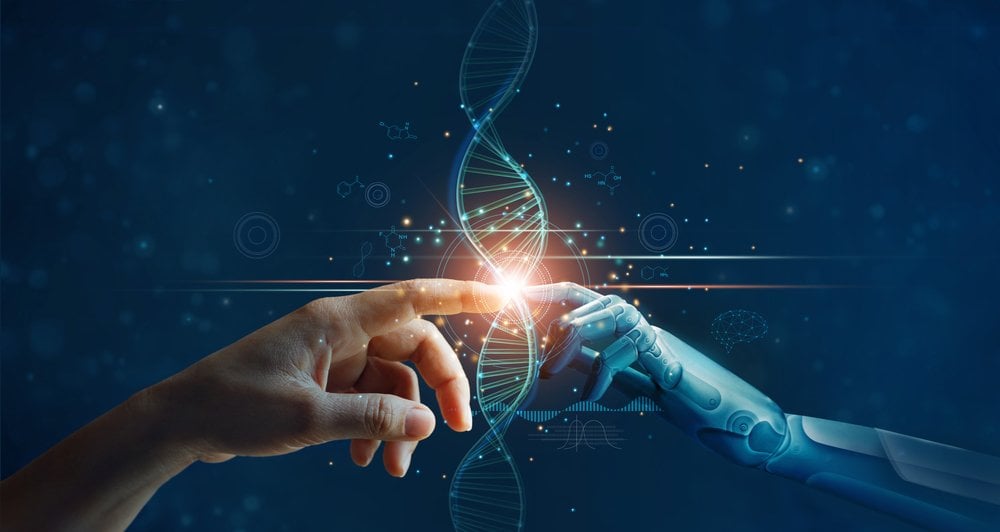With so many false starts, the idea that AI could reshape medicine may seem like a joke by now. But for the family of a six-month-old baby with a seizure disorder, the clinical utility of AI is no laughing matter.
In this case, scientists and physicians were involved in a special genomics program at Stanford University designed to diagnose rare diseases quickly in babies. They were pointed to an infant suffering from seizures. After rapidly sequencing the genomes of the baby and parents, they used a type of AI called deep learning, which can be trained to spot complex patterns in massive amounts of data, to compare and interpret the DNA results.

With this approach, they quickly filtered the possible genetic causes of the disease to a specific variant and determined that it was indeed responsible for the symptoms. Perhaps most impressive of all: the entire process took less than eight hours.
Their diagnosis allowed “the bedside team to direct patient care according to the molecular cause of the seizures,” reports one of those researchers, cardiologist and genetics expert Euan Ashley, in a new paper that describes the use of AI in medicine published in The New England Journal of Medicine.
Along with his colleague Bruna Gomes, Ashley reports on a number of ways that AI is already making a difference — both for research that will have clinical implications, and in some cases, for direct use with patients.
None of it looks like the AI in medicine we’ve come to expect from sci-fi shows. There is no tricorder capable of diagnosing anything, and there is no artificial brain replacing doctors in patient care. But bit by bit, scientists and clinicians are finding ways to make use of the substantial processing and analytical powers of AI to improve the way patients are diagnosed and treated.

Today, much of the near-clinical impact of AI can be seen in the streamlining of data interpretation for technology platforms that are approaching, but not quite ready for, mainstream use in medicine. Genome sequencing is one example — there’s a vast amount of data included in each of our genomes, and using it at the bedside will require heavy-duty computational resources capable of chewing through data much faster and more accurately than humans can.
According to Ashley and Gomes, deep learning and other AI models are already being used to process this data and flag DNA variants likely to be linked to specific symptoms. As in the case of the six-month-old above, this approach can slash interpretation time and get doctors to meaningful results quickly enough to make a difference for patients.
Beyond genomics, AI is also being used to improve analysis of data related to proteins, metabolites, and methylation — all potentially valuable biomarkers that could help tailor healthcare for each patient. Each individual layer represents a vast universe of data that, without the assistance of AI, could not feasibly be introduced into routine medical care.
The real power of the era of molecular medicine lies not in any individual layer of data, but rather in the combination of them. Pulling together these enormous data sets, interpreting them in relation to one another, and filtering all of those results down to the small subset that could be useful for patient care will take truly sophisticated AI methods. Already, there has been significant progress on this front, according to the paper, though remaining challenges include data standardization, availability of clear benchmarks, and boosting accuracy and speed.
“The outcome is a progressively detailed understanding of the molecular trajectory of disease that is now finding application in clinical medicine, with the greatest progress having been made in the diagnosis, and in some cases treatment, of rare genetic diseases,” write Ashley and Gomes.
> For more on health innovation and artificial intelligence, join us at our upcoming events Accelerate Health and Techonomy 2023, which will focus on AI this year.















